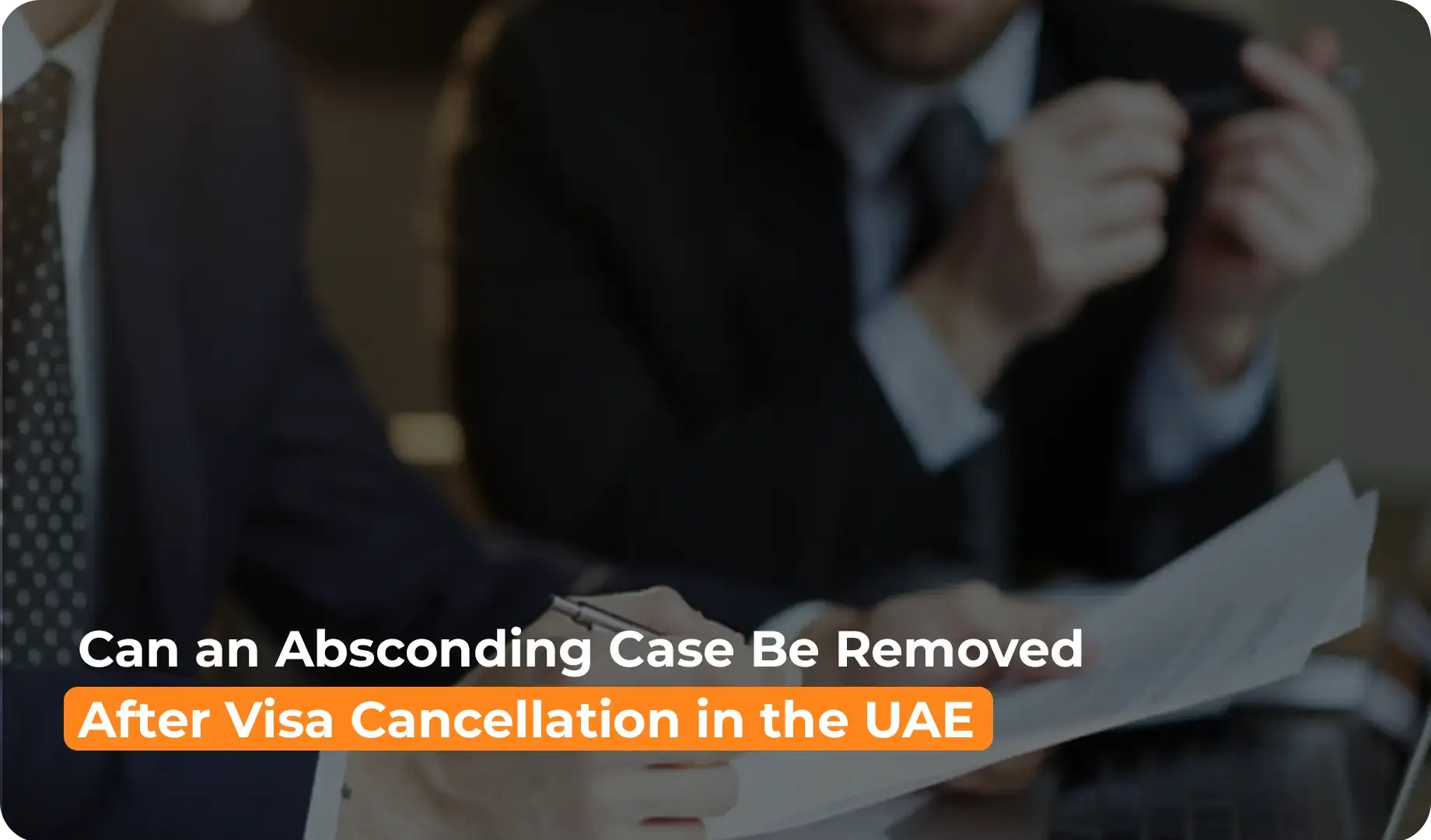To potentially reduce overstay fines in Dubai, focus on proactively addressing the situation, potentially through applying for a waiver or reduction, and ensuring compliance with legal procedures. Consider these strategies:
Table of Contents
1. Stay Informed and Act Quickly:
Check for fines regularly:
Monitor for any overstay fines on the ICP (Federal Authority for Identity and Citizenship) website.
Pay promptly:
Overstay fines accumulate daily, so settling them quickly is crucial, according to QSM Document Clearing Center.
Leave before the deadline:
If possible, depart the UAE before your visa expires or any grace period ends.
2. Explore Waiver or Reduction Options:
Apply for a waiver:
If you have a valid reason for overstaying (e.g., medical reasons, unexpected delays), you can apply for a waiver or reduction of fines, potentially in person at a GDRFA office or online.
Justify your situation:
Provide a detailed explanation of the circumstances that led to the overstay, along with supporting documentation.
Consider professional help:
Consult with immigration experts like QSM Document Clearing Services or PROs (Public Relations Officers) for guidance on the waiver process.
3. Understand the Process:
Visit the GDRFA:
If applying in person, visit the nearest GDRFA (General Directorate of Residency and Foreigners Affairs) office in Dubai.
Prepare required documents:
Gather necessary documents like passport copy, visa copy, and any relevant supporting evidence.
Pay service fees:
Be prepared to pay any applicable service fees for the waiver application.
4. Seek Legal Advice:
Consult with immigration lawyers:
If you are facing complex situations or have a significant overstay, consider consulting with legal experts for tailored advice.
5. Regularize Your Status:
Change visa status:
If applicable, explore options for changing your visa status to avoid further overstay penalties.
Apply for a new visa:
If you plan to stay in the UAE, apply for a new visa before your current one expires or within any grace period.
Important Notes:
Overstaying fines are calculated daily, so acting fast is essential. Waivers or reductions are granted at the discretion of the immigration authorities. It’s always advisable to seek expert guidance from PRO services by QSM or immigration lawyers for personalized assistance.
Who Is Eligible to Apply for Overstay Fine Reduction in the UAE?
- Tourists, visitors, or residents who have exceeded their visa validity in the UAE.
- Individuals with valid justifications for overstaying, such as medical emergencies, job loss, or unforeseen personal circumstances.
- Those experiencing financial hardship, making it difficult or impossible to settle the accumulated overstay fines.
UAE Visa Fine Waiver Requirements
- Passport copy, including the visa stamp or visa page.
- A formal letter detailing the reason for your overstay or visa violation.
- Relevant supporting documents, such as Medical reports, Financial statements, Employer letters or termination notices
- Proof of your current residency status in Dubai or other emirates.
- A completed visa fine waiver application form, which can be obtained from the General Directorate of Residency and Foreigners Affairs (GDRFA).
Tips for a Successful UAE Visa Fine Waiver
-
-
Be Honest and Transparent:
Clearly explain the reason behind your overstay or visa violation. Genuine and truthful explanations significantly increase your chances of approval. -
Submit Strong Supporting Documents:
Strengthen your application with valid and relevant documents, such as medical reports, financial records, or employer letters. Authenticity and accuracy are key.
-
-
Seek Professional Guidance:
If you’re uncertain about your eligibility or the application process, consult QSM document clearing services for expert help. Their guidance can help ensure your application is properly completed and submitted.
What to Do If Waiver Application Is Rejected
If your UAE visa fine waiver request is denied, don’t worry, there are practical steps you can take to resolve the issue:
-
Understand the Reason for Rejection:
Carefully review the feedback provided by immigration authorities to identify the exact reason for the denial. Addressing these issues is crucial for a successful reapplication.
-
Strengthen Your Supporting Documents:
You can reapply by submitting additional or improved evidence—such as updated medical records, financial statements, or employer letters—to support your case more effectively.
-
File an Official Appeal:
In certain cases, you may have the option to appeal the decision through the proper channels like the GDRFA.
-
Consult Professionals Like QSM:
If you’re unsure how to proceed, seeking assistance from experienced visa consultants like QSM can make a significant difference. QSM’s team can guide you through the reapplication or appeal process with expert advice and document support.
Final Thoughts
Applying for a visa fine waiver in Dubai can provide much-needed relief for individuals facing high penalties due to visa overstays or violations. To improve your chances of approval:
- Understand the eligibility requirements in detail.
- Prepare all necessary documentation, including valid evidence to support your case.
- Follow the official application process through the General Directorate of Residency and Foreigners Affairs (GDRFA) or trusted service providers.
Taking timely action is essential. Delays can lead to additional fines or legal complications.
For professional guidance and error-free submissions, consider reaching out to QSM, a trusted name in document clearing services in the UAE.
People Also Ask
How to pay penalty for overstay fine in UAE?
How much is a 2 month visa for Dubai?
What is the punishment for overstaying in Dubai?
- Daily Fine: AED 50 for every day of overstay.
- Service Fee: AED 100 per overstay fine.
- Processing Fee: AED 50 per overstay fine.
- Tourists/Visitors: No grace period — must exit before visa expiry.
- Residents: 30-day grace period after visa expiry or cancellation.
- Potential Additional Penalties: Overstaying can lead to more severe consequences, including legal complications and re-entry bans.





